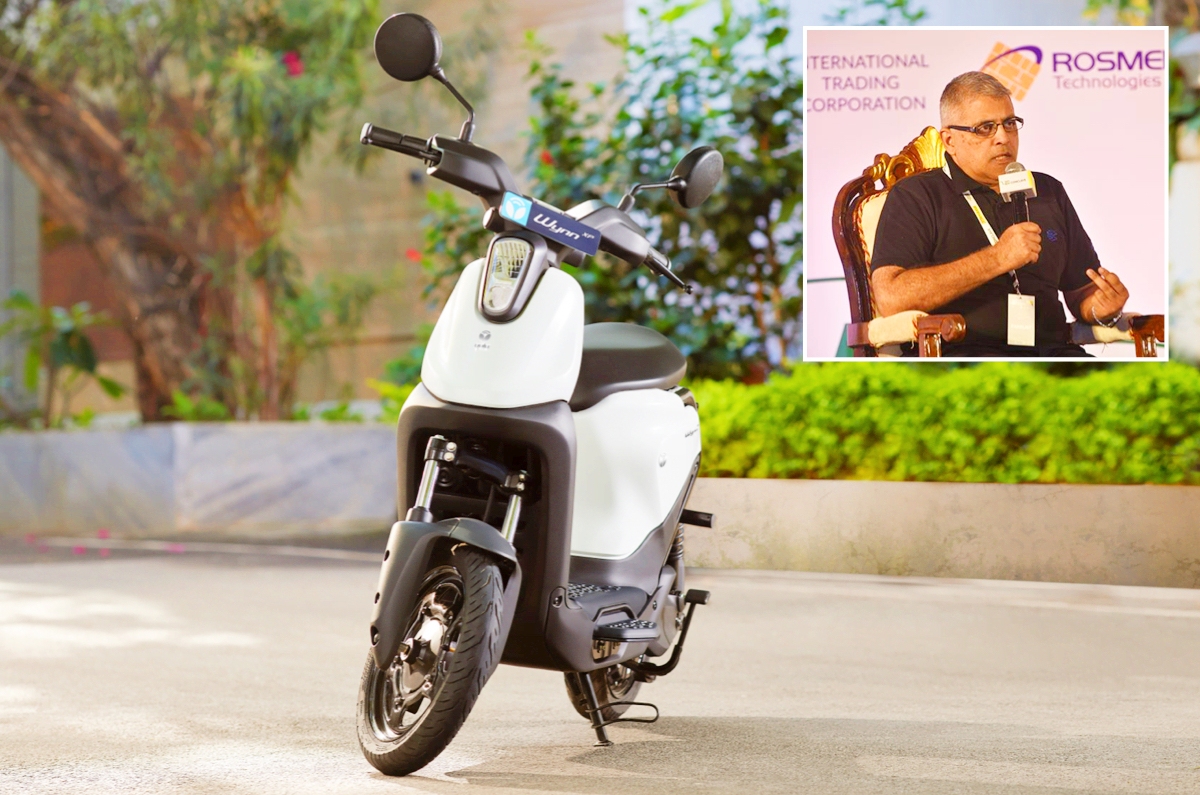FAME subsidy needs a revamp, Eric Vas of Bajaj

The current subsidy framework for electric two-wheelers needs to be revamped as it distorts the demand pattern, said Eric Vas, president of Bajaj Auto's EV division. This was while speaking at the India EV Conclave organised by our sister publication Autocar Professional with the government of Tamil Nadu.
Vas feels subsidy is a ‘very slippery slope’ and is ‘extremely dangerous’ to the industry for a couple of reasons. "As Bajaj Auto, I would say, the earlier they remove it, the better. Let water find its level. The way the FAME subsidy is currently structured is around the battery size. It has forced too much development of a particular kind. Is this good or bad, I think time will tell. There is no way of proving it right now," Vas said.
The government provides a demand subsidy for electric two-wheelers under the Faster Adoption and Manufacturing of (Hybrid &) Electric Vehicles in India (FAME-II) scheme.
The subsidy amounts to Rs 10,000 per kWh, capped at 15 percent of the ex-factory price of vehicles. Earlier, the incentive was at 15,000 rupees per kWh with a cap of 40 percent of the cost of vehicles.
However, this subsidy is not applicable for low-speed two-wheelers. Only high-speed models with top speed of at least 40 kph and minimum IDC range of 80 km are eligible for the subsidy.
Vas said mainstream manufacturers are not looking at other applications of electric scooters, such as the low-speed category, as the subsidy structure is skewed towards the high-speed category.
Bajaj Auto has a stake in Bengaluru-based shared electric mobility company Yulu, which only offers low-speed electric scooters. Vas noted that low-speed electric scooters, which are not subsidised, are growing very quietly and not getting recorded.
He believes certain kinds of incentives, such as a GST holiday for the electric two-wheeler segment, would not be distortive among the categories in the segment.
"I think there could be a more intelligent framework on subsidies, which maybe the government could be looking at. The current subsidy framework certainly needs a revamp. The sooner, the better," he added.
Meanwhile, in order to maintain the momentum of electric two-wheeler adoption going forward, Vas believes reducing the cost of electric two-wheelers and increasing competitiveness are important.
Government incentives in the form of lower GST, benefits from production-linked incentive and FAME scheme, and reduction in registration and road tax in some parts today account for almost 50 percent of the cost of the product.
"How much of this is sustainable in the future, I don’t know. It is a good assumption that this is going to come down," he said, adding that as an industry, to maintain momentum, the focus should be on how to bring the cost down and "make ourselves competitive".
from Autocar India https://ift.tt/1wdDaIg
Comments
Post a Comment